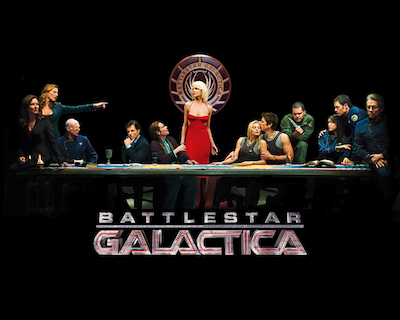Children are literalists rather than ironists, says David Bayly, they grasp what they see but fare poorly when it comes to reading between lines:
This means that the character of many fathers is misread by their children. Or, more accurately, read with greater clarity than most fathers would like.
The man who thinks that the love he buries beneath a gruff exterior is all the more sweet to his children for its crusty shell is a fabulist. Children don’t read love when the text is hardness. They don’t intuit affection from winks and nods. Though later in life they may grasp that there was affection beneath the brusque exterior, as children they see only a hard man whose fleeting acts of tenderness, like crocuses in spring, peep out rarely and briefly.
Most men think otherwise, believing that the message they deliver the majority of the time to their children can be countered by short bursts of qualitatively different interaction: twenty hours of stoicism overturned by ten minutes of light-heartedness; eleven months of gruffness undone by a week of frivolity at the beach.
If God is the ultimate Father and the ultimate example for human fathers, we should learn from the lack of footnotes in the text of His relationship to us. God always says what He means and always means what He says. He is immutable. His consistency never fails. He is as faithful, true, reliable and predictable as the sun in the morning. All He does is consistent with His nature. He never acts against Himself, never says one thing but means another, never exaggerates, never underplays, never deceives, never pretends. There is no guessing with God. His children always know precisely what to expect from Him.Children of men read their human fathers like the children of God read their heavenly Father. They don’t look for footnotes. They simply read the text. If their human father tells them to submit to authority, but constantly struggles with submission himself, they learn rebellion rather than obedience. If their father declares Christianity the good life, but lives joylessly, they grow up viewing Christianity as drudgery.











